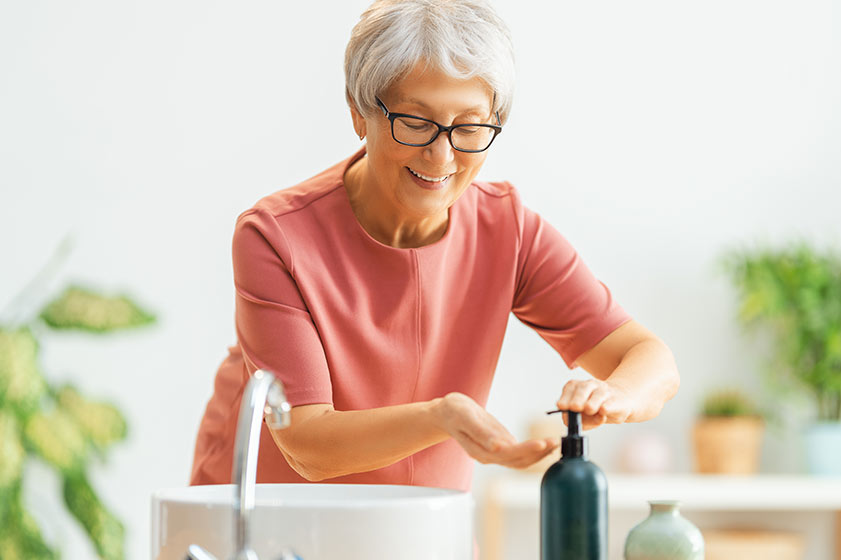The importance of good hygiene and grooming cannot be understated, especially for those who suffer from dementia or Alzheimer’s disease. While those with dementia might not seem to notice the extra care you give them, this extra attention can make all the difference in their quality of life and for their overall health as well. Fortunately, with a little help from family members, anyone can improve their personal hygiene and grooming skills, no matter what age they are. Here are some tips on how to do just that.
Talk About Their Hygiene Needs
The first step in assisting your loved ones with personal hygiene and grooming is to discuss their body hygiene needs. For example, does your loved one have sensitive skin? How well can they see to shave their face? Are there certain times of day better suited for bathing or showering than others? Be sure to ask your loved one these questions, so you know what needs to be done.
Include Their Regular Routines
If you have never helped them with personal hygiene and grooming before, starting small may be a good idea. Incorporate their regular routine. If they normally shower every day, let them do that. If they usually shave or trim their hair every few days, let them do that. You can always help add extra steps like moisturizing or exfoliating later, once they’re used to having help. Make sure they understand what is happening: Make sure your loved one understands why you are helping and give simple explanations as necessary so that there are no misunderstandings of your motives or what is happening during your help sessions.
Remember Skin Care
Skincare is an often-overlooked aspect of personal hygiene and grooming. Many people forget to put on skin cream, resulting in severely dry skin, especially in winter. In severe cases, dead skin cells can build up so much that they form painful, itchy rashes. While it might seem like something small or even trivial, making sure your loved one has good skincare can go a long way towards enhancing their quality of life.
Maintain Their Oral Hygiene
Most people have experienced toothache, but have you ever considered what tooth pain feels like from a loved one’s perspective? It can feel so bad that your loved one may avoid eating or drinking anything. They might even start to resent brushing their teeth because it hurts. An easy way to solve these problems is by helping them maintain their oral hygiene while they are in care. Our professionals provide dental assistance every week, which means that we can help your loved one with personal hygiene and grooming activities such as brushing their teeth, flossing, and even rinsing with mouthwash.
Be Sensitive to Their Privacy
Personal hygiene and grooming can be a touchy subject. If you’re helping your loved one with personal hygiene and grooming, do it when it is most comfortable for both of you. Offer assistance only if there is an obvious need, perhaps due to lack of access or ability, or if they have asked you specifically.







